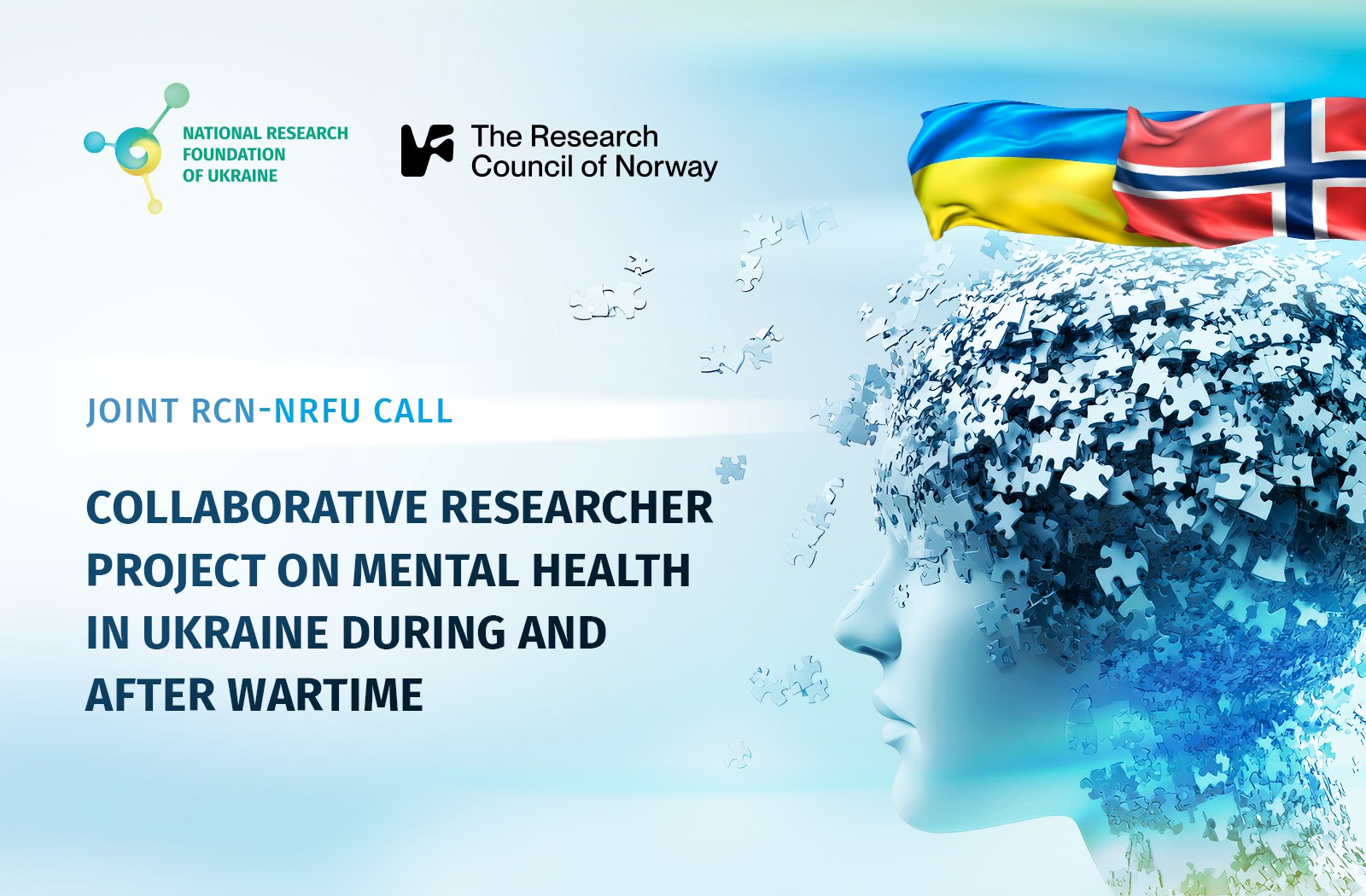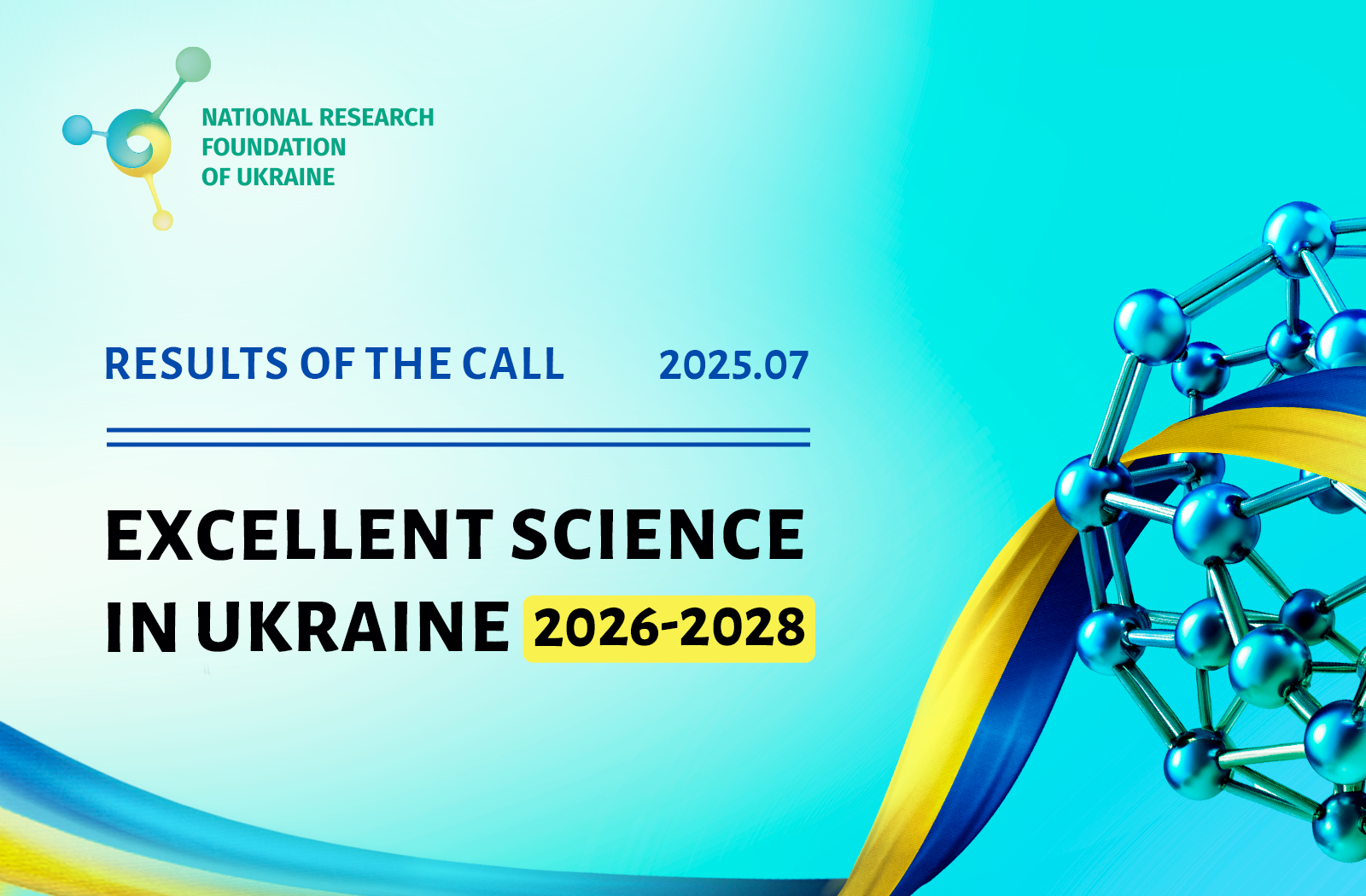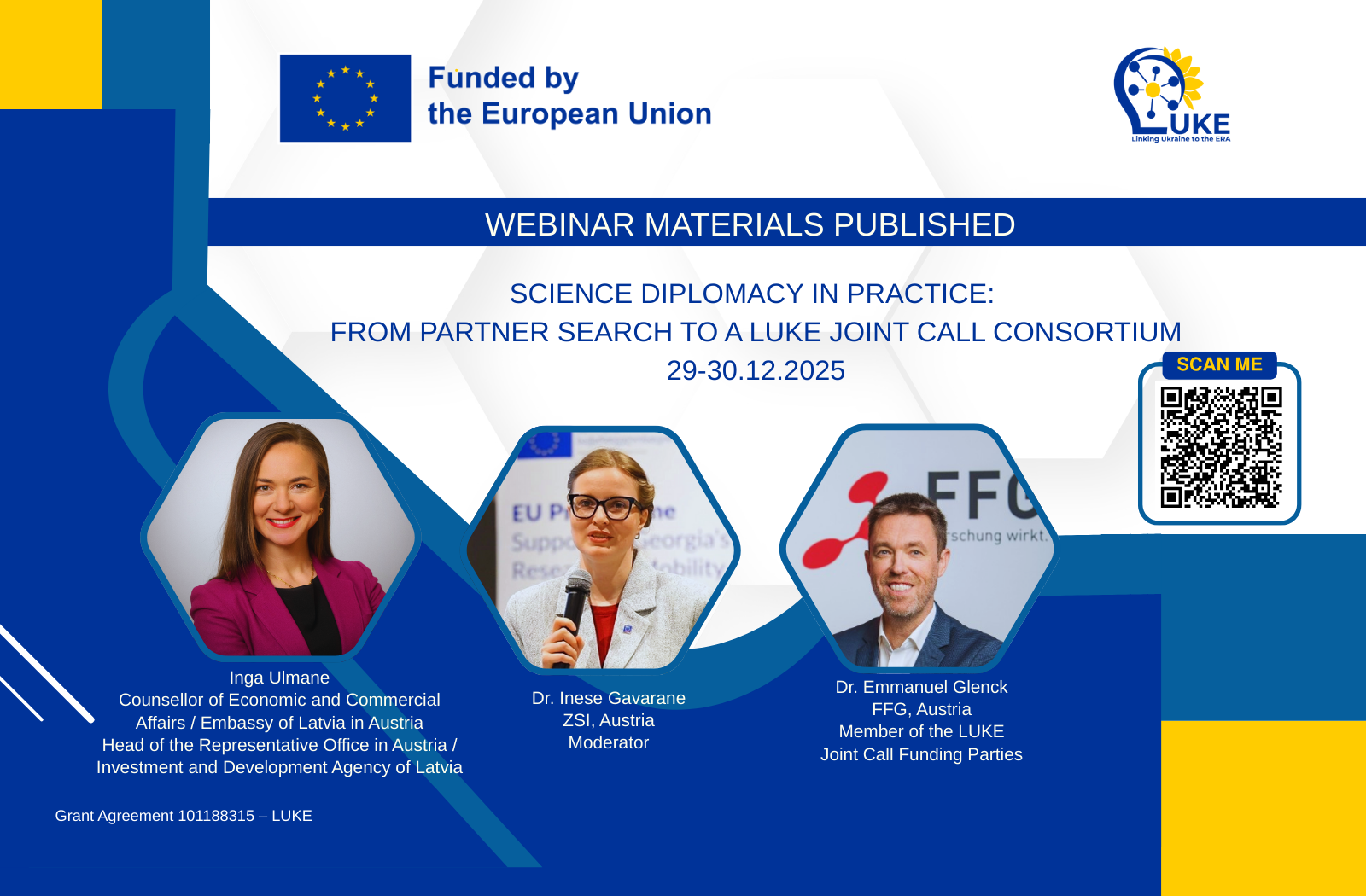Publishing a high-quality research paper is an event for both the researcher and the research community. For these results to be noticed, the periodical that issues the paper must also be of high quality. To achieve this, it is necessary to unify the requirements for publications, the procedures for retracting papers, and the editorial policies of publications with international standards. The project ‘Theoretical foundations for harmonising the editorial practices of Ukrainian academic publishing with international standards to enable Ukraine to compete in European open science’ is dedicated to improving editorial policies.
The project is being implemented by a group of researchers from Taras Shevchenko National University of Kyiv with grant funding from the National Research Foundation of Ukraine (NRFU). The PI is Ganna Kharlamova, Professor of the Economic Cybernetics Department.
The task set by the team is very important and very complicated. After all, it is challenging for high-quality peer-reviewed publications with volunteer editors or editors with minimal pay to compete with international commercial publishers. In addition, Ukraine still does not have a standard for an editor of a peer-reviewed journal, so each editor is guided by his/her own experience and rules.
Shifting away from Soviet practices
“Papers in Ukrainian peer-reviewed journals are of various quality, sometimes of very questionable quality”, noted Professor Kharlamova. “It is therefore complicated for researchers to explain to the public the value of research the results of which are published in an improper way or alongside papers of poor quality. Unfortunately, this affects both the performance indicators and the reputation of a researcher, university or research institution”.
The research group has been working on unifying editorial practices for several years. They started with a series of their own periodicals, the Bulletin of Taras Shevchenko National University of Kyiv, and with the creation of a university regulation on peer-reviewed journals. The researchers also analyzed whether the editorial boards of Ukrainian peer-reviewed journals are motivated to comply with the standards. “We saw that almost 90 per cent of the editorial boards are volunteers who would be happy to receive guidelines and use them in their work, but do not have the resources to develop these rules on their own”, emphasizes the PI. “We realized that this should be a national project, because such policies (regulations) are necessary for researchers across the country”.
That is why the team applied for the call. ‘We were awarded the grant, and this means that the state says ‘Yes!’ to the shift away from Soviet practices, that the policy on the quality of publications is changing”, explains the researcher.
The project is being implemented by a very professional team. It includes Prof. Iryna Izarova, Head of the Regional Office of the European Association of Science Editors (EASE); Prof. Maryna Zhenchenko, Head of the Ukrainian Regional Chapter of the European Association of Science Editors (EASE Ukraine), Director of the M. Maksymovych Scientific Library; economists with experience in leading journals – Ganna Kharlamova (Director of the Coordination Centre for the Publication of the Series of Scientific Periodicals ‘Bulletin of Taras Shevchenko National University of Kyiv’) and Maria Naumova; Hanna Novikova, Director of the Publishing and Printing Centre ‘Kyiv University’; Julia Hartman, lawyer, with experience in Scopus publications. The project also includes Prof. Olha Dunaievska, a translator and executive editor of Q2 journal, and Ph.D. Oleksandr Bediukh, a representative of the Enterprise Europe Network. It is the very team that ensures that papers in national journals have an IMRAD structure (i.e., introduction, description of methodology, results, discussion, conclusions), ethics policy, policies for licensing, retraction, use of AI, etc.
What is the research about?
Ganna Kharlamova said that today, unfortunately, authors, reviewers, and most importantly, editors, are not always aware of the terms and processes of peer-reviewed publication. For example, authors believe that an article can be published in a week and thus fall for ‘predatory publishing’.
Therefore, the goal of the project is to create clear and transparent procedures for editing and publishing papers. “I would like to emphasize that we are not inventing the wheel, we are studying the best international practices, adapting them to our realities, and communicating them to the research and editorial community”, explained the PI.
The project implementers are planning to publish an anthology consisting of three parts – ‘Author’, ‘Editor’, and ‘Editorial board’. It will present a view on the issue of harmonising the work of publications from the point of view of three parties – authors, editors, and editorial boards.
The first part of the anthology has already been published. In particular, it contains guidelines for working with the free Open Journal Systems (OJS) platform. This platform makes it possible to make the processes of selecting and communicating with authors transparent.
The second book will include guidelines on the policies of peer-reviewed publications from the perspective of the editor, his/her role, motivation, rights and responsibilities.
The third book will summarise editorial practices to the level of state policy and a roadmap for change, considering the motivation of all participants in the process.
The project group has already prepared guidelines on political, legal, and ethical standards for domestic publications. The researchers are now conducting trainings and sharing these regulations with the research community.
Payment for the paper is to be done not at the expense of the author
In 2025, the project implementers plan to develop an editorial standard and determine how much an editor should be paid. They also plan to answer the question: who should pay for the publication and from what funds?
These issues need to be resolved as soon as possible. Ukraine is currently implementing the principles of Open Science, but the author often pays for the publication. “This is wrong and contrary to the principles of Open Science”, the researcher believes. “The author should seek a grant to publish the paper, or the university should provide money in the budget for the publication of journals and decent salaries for editorial staff”.
In order to get an idea of how this business works in the world, members of the project group met with its key stakeholders during the University Press Forum in Montreal and the Frankfurt Book Fair. “All of them emphasize that a high level of publishing requires careful proofreading of papers and peer review. This cannot be free”, highlighted the PI.
The project group has calculated how much a paper should cost as a real economic product. In 2025, these calculations will be finalised, and in the future they may become a roadmap for universities, research institutions, and the publishers themselves.
In fact, according to the PI, the issue of financing peer-reviewed publications is relevant not only for Eastern Europe. In many EU countries, universities allocate funds for publications, but these funds go to commercial publications, which are thick and threefold. University publishers of good quality are left without papers.
Of course, the Ukrainian practice is different, with almost all papers being made available to the public, but there is still no understanding that editors should be paid for their work. “Editorial boards are barely surviving, and we want to change this”, emphasized the PI.
Good news
Another issue that will also need to be addressed is changing the attitude of the research community to the preparation of papers in high-quality domestic periodicals. According to Prof. Kharlamova, it happens from time to time that respected researchers involved in the publication of a domestic journal have listened to a story about international standards and replied that they do not want to change anything. At the same time, their paper in Scopus complied with these standards. “This person, without blushing, says: “But this is Scopus! Do you want me to do this for a domestic periodical?” So, for international publications, authors are ready to meet the requirements, but for Ukrainian ones, they are just “this will do”?”, wonders the Professor.
However, there is good news. “Today, editors from various peer-reviewed journals are asking: “What is the best way to do it?”, “How to solve the problem?”, noted the researcher. “We have already taken strategic steps within the working groups of the Ministry of Education and Science of Ukraine. We have also put the publications of the Bulletin of Taras Shevchenko National University of Kyiv on a par with Oxford University Press and Amsterdam University Press, and shown that university publishers in Ukraine have significant potential and expert environment. I am confident that our project is already benefiting, and after its completion, this benefit will be much greater than we initially planned. I hope that in the near future, high-quality Ukrainian journals will join the ecosystem of European science, and foreign authors will be willing to publish their papers in them”.
Svitlana Galata






